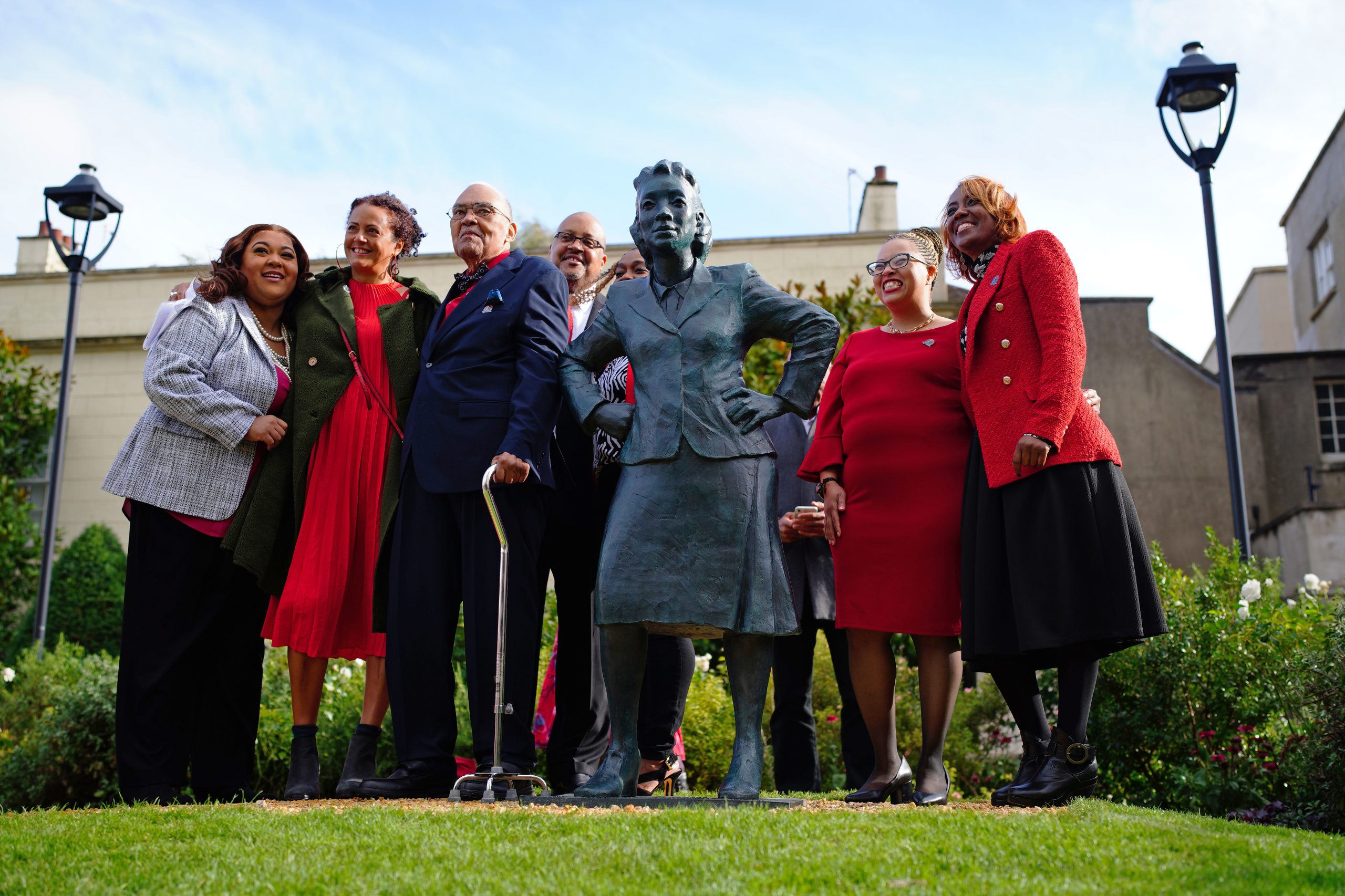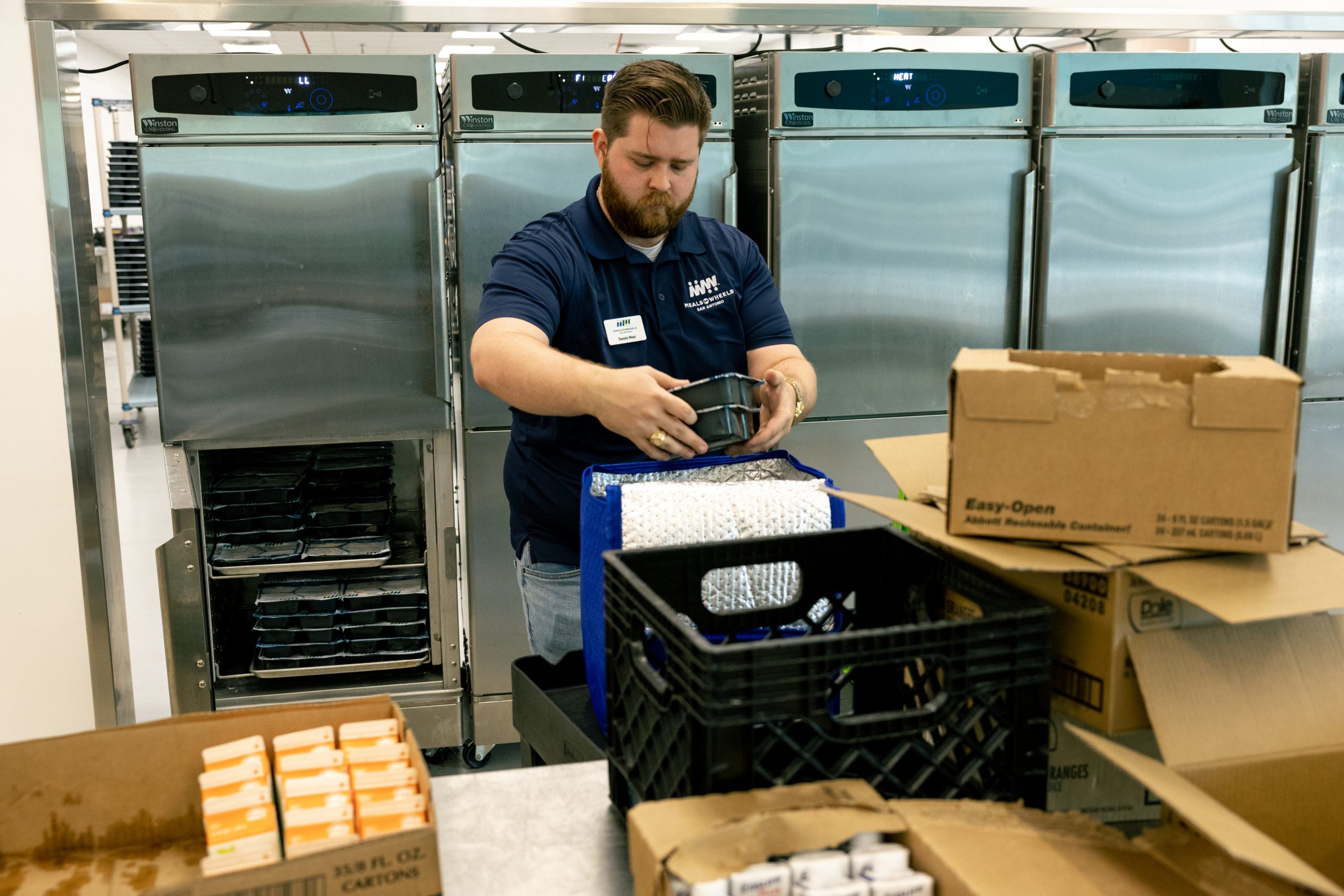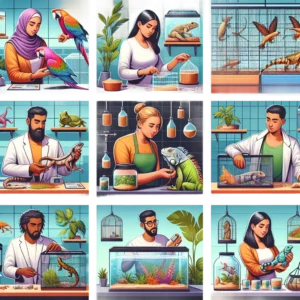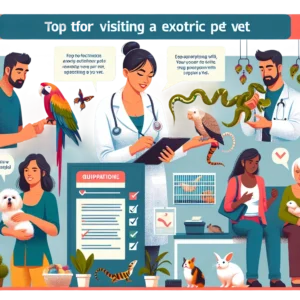Specialized Summer Camp Reminds Children With Pediatric Pancreatitis There’S Hope
Children with pediatric pancreatitis can find hope and support through a specialized summer camp. The camp provides a unique opportunity for these children to connect with peers facing similar health challenges, fostering a sense of hope and camaraderie.
Understanding Pediatric Pancreatitis: Causes And Symptoms
This specialized summer camp offers hope to children with pediatric pancreatitis, providing them with a better understanding of the causes and symptoms of the condition
What Is Pediatric Pancreatitis?
- Pediatric pancreatitis is a rare condition where inflammation occurs in the pancreas of children.
- The pancreas plays a crucial role in digestion and glucose regulation.
- When the pancreas becomes inflamed, it can lead to various complications and discomfort for the child.
Common Causes Of Pediatric Pancreatitis:
- Genetic factors: In some cases, pediatric pancreatitis can be caused by genetic mutations or disorders that affect the pancreas.
- Gallstones: Although not as common in children, gallstones can obstruct the pancreatic duct and cause pancreatitis.
- Medications: Certain medications have been known to trigger pancreatitis as a side effect, especially in children.
- Trauma: Injuries to the abdomen, such as from accidents or sports-related impacts, can cause inflammation in the pancreas.
- Infections: Viral or bacterial infections can lead to pancreatitis in children.
Recognizing The Symptoms Of Pediatric Pancreatitis:
- Abdominal pain: Children with pancreatitis may experience severe abdominal pain that radiates to the back or worsens after eating.
- Nausea and vomiting: Persistent nausea and vomiting can be symptoms of pediatric pancreatitis.
- Loss of appetite: Children may show a decreased interest in food or difficulty maintaining a normal diet due to pancreatitis.
- Weight loss: Unexplained weight loss can be a sign of pediatric pancreatitis.
- Jaundice: In some cases, the skin and eyes may turn yellow due to elevated levels of bilirubin.
- Changes in bowel movements: Pancreatitis can cause diarrhea or greasy stools.
Pediatric pancreatitis can be a daunting condition for children and their families, but by understanding its causes and recognizing its symptoms, there is hope for managing and treating the condition effectively. It is crucial to seek medical attention promptly if these symptoms are present in a child.

Credit: sanantonioreport.org
Importance And Impact Of Specialized Summer Camps
Specialized summer camps offer hope and support for children with pediatric pancreatitis. These camps provide a unique and impactful experience catered specifically to their needs, helping them find a sense of belonging and encouragement while learning to manage their condition.
How Specialized Summer Camps Benefit Children With Pediatric Pancreatitis
Summer camps that are specialized for children with pediatric pancreatitis play a crucial role in providing support, hope, and education to children and their families who are dealing with this condition. These camps offer a unique environment where children can connect with peers facing similar challenges and receive specialized care from trained professionals.
Here are some key reasons why specialized summer camps are so important for children with pediatric pancreatitis:
- Medical supervision: Specialized summer camps for children with pediatric pancreatitis have medical professionals on-site who can monitor the children’s health, administer medications, and provide immediate care if needed. This level of supervision ensures that children can fully enjoy the camp activities while receiving necessary medical attention.
- Education and self-management: These camps provide valuable educational sessions that help children understand their condition better. They learn about the importance of medication management, dietary restrictions, and lifestyle modifications. By empowering children with knowledge, specialized summer camps enable them to take charge of their health and contribute to their own well-being.
- Peer support and camaraderie: One of the primary benefits of specialized summer camps is the opportunity for children to interact with others who have pediatric pancreatitis. This provides a sense of belonging, as they realize they are not alone in their struggles. Sharing experiences, challenges, and triumphs with peers fosters a supportive and understanding community.
- Emotional well-being: Coping with a chronic illness can often be emotionally challenging for children. Specialized summer camps create a safe and inclusive environment where children can express their emotions freely. Through activities such as group therapy sessions and creative outlets like art and music, children develop emotional resilience and learn healthy coping mechanisms.
Creating A Supportive Environment For Children With Pediatric Pancreatitis
The specialized summer camps for children with pediatric pancreatitis place great emphasis on creating a nurturing and inclusive environment. The following factors contribute to the creation of such an environment:
- Trained staff: Camp staff are specially trained to understand the unique needs of children with pediatric pancreatitis. They possess the knowledge and skills to provide appropriate medical care, emotional support, and supervision throughout the camp duration.
- Adapted activities: The camp activities are carefully designed to accommodate the physical limitations and dietary restrictions of children with pediatric pancreatitis. This ensures that every child can participate and enjoy the camp experience without compromising their health or safety.
- Safety measures: Specialized summer camps prioritize safety and take necessary precautions to prevent any potential medical emergencies. Staff members are trained in first aid and emergency response procedures, and medical facilities are readily accessible on-site.
- Family involvement: These camps often involve the participation of families, allowing them to gain a deeper understanding of pediatric pancreatitis and learn how to support their children effectively. Family-oriented activities and workshops promote a holistic approach to managing the condition, ensuring the entire support system is engaged.
Psychological And Emotional Impact Of Specialized Summer Camps
Specialized summer camps for children with pediatric pancreatitis have a positive psychological and emotional impact on the camp attendees. This is achieved through various means, including:
- Building confidence: The supportive environment of specialized summer camps fosters a sense of self-confidence in children. They gain a better understanding of their condition and learn how to navigate challenges, increasing their overall self-esteem.
- Friendship and social connections: By interacting with peers who share similar experiences, children form deep friendships and create lasting social connections. These relationships provide comfort, a sense of belonging, and a network of support even after the camp ends.
- Emotional expression: Through therapeutic activities, such as art therapy or group discussions, children are encouraged to express their emotions and share their thoughts openly. This helps them process their feelings and develop healthy emotional coping mechanisms.
- Reduced isolation: Children with pediatric pancreatitis may sometimes feel isolated due to their unique needs and challenges. Specialized summer camps provide an environment where they can meet others facing similar circumstances, reducing feelings of isolation and promoting a sense of understanding and acceptance.
Specialized summer camps for children with pediatric pancreatitis offer numerous benefits, including medical supervision, education, peer support, and emotional well-being. By creating a supportive environment, these camps empower children with knowledge, self-management skills, and a sense of belonging. The psychological and emotional impact of these camps is transformative, allowing children to build confidence, form friendships, express emotions, and reduce feelings of isolation.
Activities And Therapies At Specialized Summer Camps
At specialized summer camps, children with pediatric pancreatitis can engage in a range of activities and therapies that give them hope for a brighter future. With a focus on tailored care and support, these camps offer specialized programs to help children cope with their condition and find joy in new experiences.
Engaging And Educational Activities For Children With Pediatric Pancreatitis:
At specialized summer camps for children with pediatric pancreatitis, there is a wide range of engaging and educational activities designed to provide a fun and supportive environment. Here are some of the activities that children can participate in:
- Arts and Crafts: Encouraging creativity through arts and crafts activities not only allows children to express themselves but also provides a therapeutic outlet for emotions and stress.
- Sports and Outdoor Games: Camps often offer adapted sports and outdoor games that cater to the abilities and limitations of children with pediatric pancreatitis. These activities promote physical fitness and provide opportunities for social interaction.
- Music and Drama: Engaging in music and drama activities helps children build confidence, improve communication skills, and develop self-expression. These activities can be particularly beneficial for those who find it challenging to express emotions verbally.
- Educational Workshops: Specialized summer camps organize educational workshops that focus on health management, coping strategies, and self-care techniques. These workshops aim to empower children with knowledge and skills to manage their condition effectively.
- Nature Exploration: Exploring nature through guided hikes, nature trails, and environmental activities allows children to connect with the outdoors and foster a sense of wonder and appreciation for the natural world.
Therapeutic Interventions To Manage Symptoms And Improve Quality Of Life:
Specialized summer camps for children with pediatric pancreatitis also incorporate therapeutic interventions that help manage symptoms and enhance the overall quality of life for participants. These interventions may include:
- Occupational Therapy: Occupational therapy sessions focus on improving daily living skills, such as self-care activities and fine motor skills. These sessions help children become more independent and adaptable in their everyday lives.
- Physical Therapy: Physical therapy sessions aim to improve strength, flexibility, and overall physical functioning. Through targeted exercises and activities, children can enhance their mobility and reduce pain or discomfort.
- Psychological Support: Trained professionals provide psychological support through individual or group counseling sessions. These sessions create a safe space for children to discuss their emotions, build resilience, and develop coping mechanisms.
- Pain Management Techniques: Camps may offer sessions on various pain management techniques, such as relaxation exercises, breathing techniques, and mindfulness practices. These techniques help children better manage pain and reduce stress levels.
- Animal-Assisted Therapy: Animal-assisted therapy involves connecting children with trained therapy animals to enhance emotional well-being, reduce anxiety, and promote a sense of calmness and relaxation.
Nutrition And Dietary Support At Specialized Summer Camps:
Ensuring proper nutrition and dietary support is crucial for children with pediatric pancreatitis. Specialized summer camps offer dedicated nutrition and dietary programs to meet their specific needs. Here’s how these camps provide nutrition and dietary support:
- Customized Meal Plans: Nutritionists and dietitians work closely with each child to develop customized meal plans and ensure that their dietary requirements are met. These plans are designed to accommodate any dietary restrictions or sensitivities.
- Nutrition Education: Camps prioritize nutrition education, teaching children about healthy eating habits, portion control, and the importance of proper nutrition for managing their condition effectively. These educational sessions empower children with knowledge to make informed dietary choices.
- Cooking and Meal Preparation: Children have opportunities to participate in cooking and meal preparation activities, learning how to create nutritious and flavorful meals. These activities help foster independence and confidence in managing their dietary needs.
- Snack and Meal Monitoring: Camp staff closely monitor and regulate snacks and meals to ensure that children receive the appropriate nutrition throughout their stay. This monitoring helps maintain consistent blood sugar levels and supports overall health and well-being.
By combining engaging and educational activities, therapeutic interventions, and nutrition and dietary support, specialized summer camps empower children with pediatric pancreatitis to thrive, build resilience, and discover a renewed sense of hope for their future.
Community Support And Networking Opportunities
Discover a specialized summer camp that provides hope and support to children with pediatric pancreatitis. Through community networking, children can find a sense of belonging and comfort, knowing they are not alone in their journey towards healing.
At the specialized summer camp for children with pediatric pancreatitis, community support and networking opportunities play a crucial role in helping parents and caregivers navigate the challenges of this condition. Through connecting with others who share similar experiences, building a network of support, and creating a sense of community, families find hope and resilience.
Connecting Parents And Caregivers Of Children With Pediatric Pancreatitis
- Online forums and support groups bring together parents and caregivers from around the world.
- Social media platforms provide a space for sharing stories, tips, and resources.
- Local support groups organize meetups, allowing families to connect face-to-face.
Building A Network Of Support And Sharing Experiences
- Opportunities for parents to connect with medical professionals and experts in the field.
- Panel discussions and Q&A sessions enable families to gain insights and ask questions.
- Camaraderie with other families going through similar challenges helps build a strong support system.
Creating A Sense Of Community And Fostering Resilience
- Team-building activities encourage collaboration and create bonds among camp participants.
- Parent-led workshops offer an opportunity to exchange knowledge and learn from one another.
- Emotional support from peers who truly understand helps families cope and stay resilient.
The specialized summer camp for children with pediatric pancreatitis provides valuable community support and networking opportunities for parents and caregivers. Through connecting with others, sharing experiences, and building a sense of community, families find the hope and resilience necessary to navigate the journey of pediatric pancreatitis.
Success Stories And Testimonials From Camp Participants
Discover the success stories and testimonials from children with pediatric pancreatitis who have attended a specialized summer camp. This unique program provides hope and support to these young participants, reminding them that they are not alone in their journey towards a brighter future.
Real-Life Stories Of Children With Pediatric Pancreatitis Finding Hope At Specialized Summer Camps
- Children with pediatric pancreatitis, a condition characterized by inflammation of the pancreas, often face daily challenges and medical interventions. However, specialized summer camps provide them with a unique opportunity to connect with peers who share similar experiences and find hope in their journey towards better health.
- One success story involves Emily, a 10-year-old girl diagnosed with pediatric pancreatitis at a young age. At the specialized summer camp, she discovered a sense of belonging and support. Through educational workshops and fun activities tailored for her condition, Emily became more confident in managing her symptoms. The camp became a refuge where she didn’t feel different, but rather embraced her unique journey and found hope for a brighter future.
- Another inspiring account is Jacob’s. At just 8 years old, Jacob was diagnosed with pediatric pancreatitis, which often left him feeling isolated and misunderstood. However, attending a specialized summer camp transformed his life. The camp provided him with a safe space to share his experiences, learn from others, and form friendships that continue to flourish beyond the camp. Jacob’s journey of resilience and growth at the camp ignited hope not only in him but also in his family, who witnessed his remarkable transformation.
Testimonials From Parents And Caregivers About The Positive Impact Of Specialized Summer Camps
- “Sending our child to a specialized summer camp was one of the best decisions we ever made. Not only did it provide our child with a sense of community, but it also empowered them to manage their pediatric pancreatitis with confidence.”
- “The specialized summer camp exceeded our expectations. Our child thrived in an environment where they were understood and supported by staff and fellow campers. It truly made a positive impact on their emotional well-being.”
- “Seeing our child return from camp with newfound confidence and resilience was incredibly heartwarming. The specialized summer camp instilled hope in both our child and us as parents, reaffirming that they are not alone in their journey.”
Inspiring Journeys Of Resilience And Growth
- Sarah’s story exemplifies the transformative power of specialized summer camps for children with pediatric pancreatitis. Despite experiencing frequent hospital visits and medical interventions, Sarah found solace and hope in the camp’s supportive and inclusive environment. With each passing summer, Sarah demonstrated remarkable resilience and personal growth that continues to inspire us all.
- Michael’s journey at the specialized summer camp showcases how perseverance and support can lead to hope. Living with pediatric pancreatitis often meant limited physical activities for Michael. However, the camp’s adapted programs allowed him to enjoy sports and outdoor adventures without compromising his health. The camp experience became a catalyst for Michael’s growth, instilling a positive mindset and reminding him that limitations do not define his potential.
Explore more about the incredible impact of specialized summer camps on children with pediatric pancreatitis through these success stories and testimonials. Witness the remarkable resilience, personal growth, and newfound hope these camps have brought into the lives of young individuals, their families, and caregivers.
Promoting Awareness And Advocacy
This specialized summer camp provides hope and support for children with pediatric pancreatitis, raising awareness and promoting advocacy for this condition. With a focus on creating a positive and empowering environment, children can find support and encouragement as they navigate their journey with pediatric pancreatitis.
Raising Awareness About Pediatric Pancreatitis And The Need For Specialized Summer Camps:
Pediatric pancreatitis is a serious condition that affects children, causing inflammation of the pancreas. While this condition may seem uncommon, many children struggle with the challenges it presents on a daily basis. Raising awareness about pediatric pancreatitis is crucial in order to ensure that these children receive the support and resources they need to thrive.
Specialized summer camps play a significant role in this process, providing a safe and nurturing environment where children with pediatric pancreatitis can connect with others facing similar experiences. By promoting awareness about pediatric pancreatitis and the need for specialized summer camps, we can help these children find hope and build a brighter future.
Here are some key points to consider:
- Pediatric pancreatitis is a condition characterized by inflammation of the pancreas in children. It can cause severe abdominal pain, digestive issues, and other complications.
- Many people have limited knowledge about pediatric pancreatitis and its impact on children’s lives. Raising awareness is crucial to provide a better understanding of the challenges faced by these children and their families.
- Specialized summer camps have emerged as a beacon of hope for children with pediatric pancreatitis. These camps create a supportive and inclusive environment where children can participate in various activities while receiving the necessary medical care and support.
- At specialized summer camps, children with pediatric pancreatitis have the opportunity to connect with others who share the same experiences. This sense of camaraderie helps them realize that they are not alone and inspires them to face their challenges with determination and positivity.
- By raising awareness about pediatric pancreatitis and the significance of specialized summer camps, we can ensure that more children have access to these life-changing experiences. Education and advocacy play a crucial role in securing the support and resources needed to make these camps accessible to all children with pediatric pancreatitis.
Advocating For Better Support And Resources For Children With Pediatric Pancreatitis:
Children with pediatric pancreatitis often face unique challenges in managing their condition and maintaining a high quality of life. Advocating for better support and resources is crucial to ensure that these children have the opportunities and assistance they need to thrive.
From improved access to specialized medical care to educational resources for parents and healthcare professionals, there are several areas where advocacy efforts can make a significant difference.
Consider the following points:
- Improved access to specialized medical care: Children with pediatric pancreatitis require specialized care from healthcare professionals with expertise in managing their condition. Advocacy efforts can focus on increasing awareness among healthcare providers and improving access to these specialized services.
- Educational resources for parents and caregivers: Advocacy should also focus on providing parents and caregivers with the knowledge and resources they need to support their children with pediatric pancreatitis. This can include access to educational materials, support groups, and online resources.
- Funding for research and innovation: Advocacy can play a critical role in securing funding for research into pediatric pancreatitis, leading to improved treatments and a better understanding of the condition. By supporting research initiatives, we can work towards finding new and more effective ways to manage and treat pediatric pancreatitis.
- Collaboration with healthcare professionals and organizations: Advocacy efforts should aim to foster collaboration between healthcare professionals, organizations, and advocacy groups. By working together, we can amplify our voice and make a greater impact in advocating for better support and resources for children with pediatric pancreatitis.
By advocating for better support and resources for children with pediatric pancreatitis, we can make a significant difference in their lives. It is through our collective efforts that we can ensure these children have access to the care, resources, and opportunities they need to thrive and live fulfilling lives.
Frequently Asked Questions For Specialized Summer Camp Reminds Children With Pediatric Pancreatitis There’S Hope
What Is Pediatric Pancreatitis?
Pediatric pancreatitis is a rare condition where the pancreas becomes inflamed in children. It can cause severe abdominal pain and digestive problems.
How Is Pediatric Pancreatitis Diagnosed?
Pediatric pancreatitis can be diagnosed through blood tests, imaging tests like an ultrasound or MRI, and sometimes with a pancreatic function test.
What Are The Symptoms Of Pediatric Pancreatitis?
Symptoms of pediatric pancreatitis include severe abdominal pain, nausea, vomiting, fever, weight loss, and digestive problems.
Can Children With Pediatric Pancreatitis Go To Summer Camp?
Yes, specialized summer camps are available for children with pediatric pancreatitis. These camps provide a supportive environment and medical staff knowledgeable about their condition.
Conclusion
At Camp Pancreas, children with pediatric pancreatitis find a haven of support and hope. The specialized summer camp offers a unique and nurturing environment where these children can bond, learn, and thrive. Through a combination of educational sessions, fun activities, and a supportive community, Camp Pancreas provides these children with the tools they need to manage their condition and live fulfilling lives.
The camp fosters a sense of belonging and empowerment, helping the campers build resilience and confidence in navigating the challenges of pediatric pancreatitis. The impact of Camp Pancreas extends far beyond the summer months, as the lessons learned and connections made last a lifetime.
With the guidance of dedicated medical professionals and the support of their peers, these children can face the future with optimism, knowing that there is hope for a brighter tomorrow. Together, they rewrite the narrative of pediatric pancreatitis, proving that with the right resources and a supportive community, anything is possible.













Post Comment